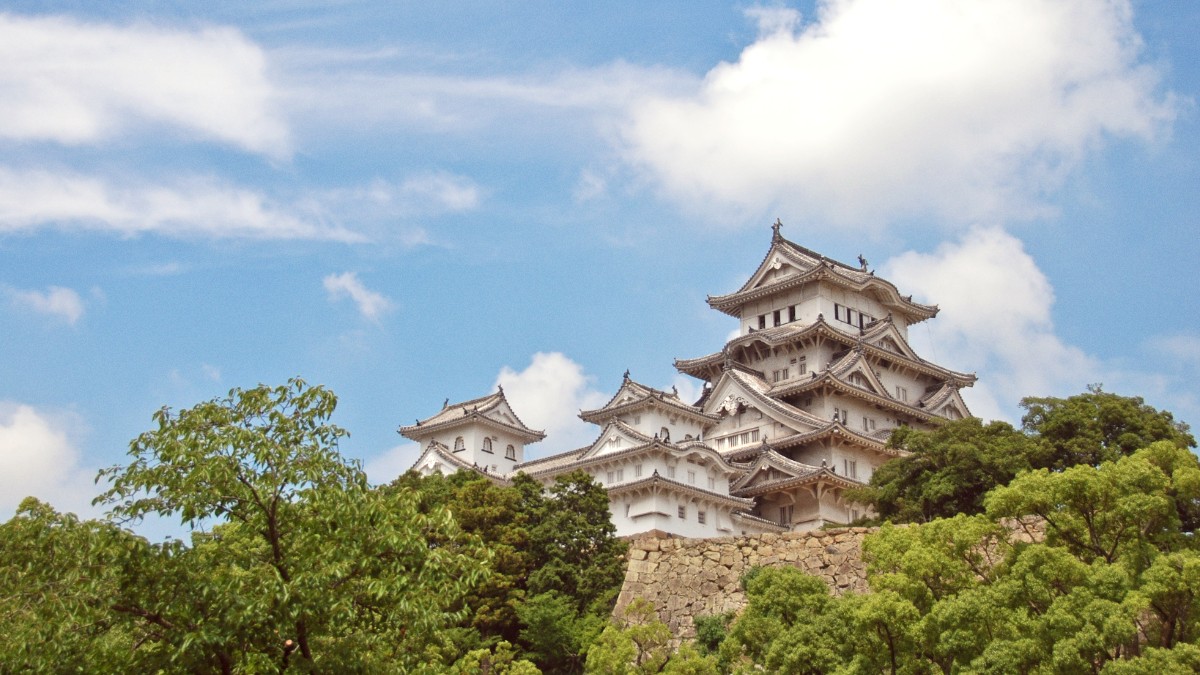
Western Honshu, Japan
Data-only SIM cards for visitors have online purchase options, airport availability, or major electronics stores.
Free Wi-Fi is widely present in various public and commercial spaces.
Japanese is the official language. English proficiency varies, being more common in major tourist areas.
Basic Japanese phrases enhance interactions.
Japan Post is the national postal service. Post offices are easily identifiable by a red symbol. They provide domestic and international mailing services. Red mailboxes are common.
Itsukushima Shrine, Daisho-in Temple, Miyajima Ropeway typically open 8:00-9:00 AM, close 4:30-6:00 PM (seasonal variations).
Miyajima shops (Omotesando Shotengai) often open 9:00-10:00 AM, close 5:00-6:00 PM. Dinner service may close early, 7:00-8:00 PM.
Bank branches generally open 9:00 AM - 3:00 PM, Mon-Fri. ATMs are widely present at 7-Eleven, Post Offices, and major banks.
National holidays may change business and attraction hours.
Full closures on Miyajima are minimal.
Foreign card withdrawals are most accessible at 7-Eleven, Post Offices, and major bank ATMs. Currency exchange facilities exist at airports and some major hotels.
Engaging respectfully with Miyajima's culture is part of a fulfilling journey.
Bowing is the standard Japanese greeting.
Dressing appropriately shows cultural mindfulness.
Tipping is not customary in Japan.
Photography is generally allowed in public spaces and most attractions.
Consider accessibility when planning your trip, especially for mobility challenges.
Travel planning with accessibility in mind.
Miyajima's main path to Itsukushima Shrine is generally flat and paved, making it accessible.
Several attractions and transport options offer accessibility.
Support for visual or hearing impairments enhances the travel experience.
Resources exist for detailed accessibility planning.
Respectful interaction with Japanese culture creates a better experience.
Acknowledge greetings with a slight bow. Keep noise levels low on public transport and in residential areas. Be mindful of privacy in photography.
Remove shoes when entering homes, ryokan, some restaurants, and temple or shrine buildings. Understand onsen bathing rules.
For more specific details on photography ethics and privacy concerns, review the relevant sections on "Photography Permissions and Restrictions" and "Taboos and Sensitive Topics" earlier in this guide.